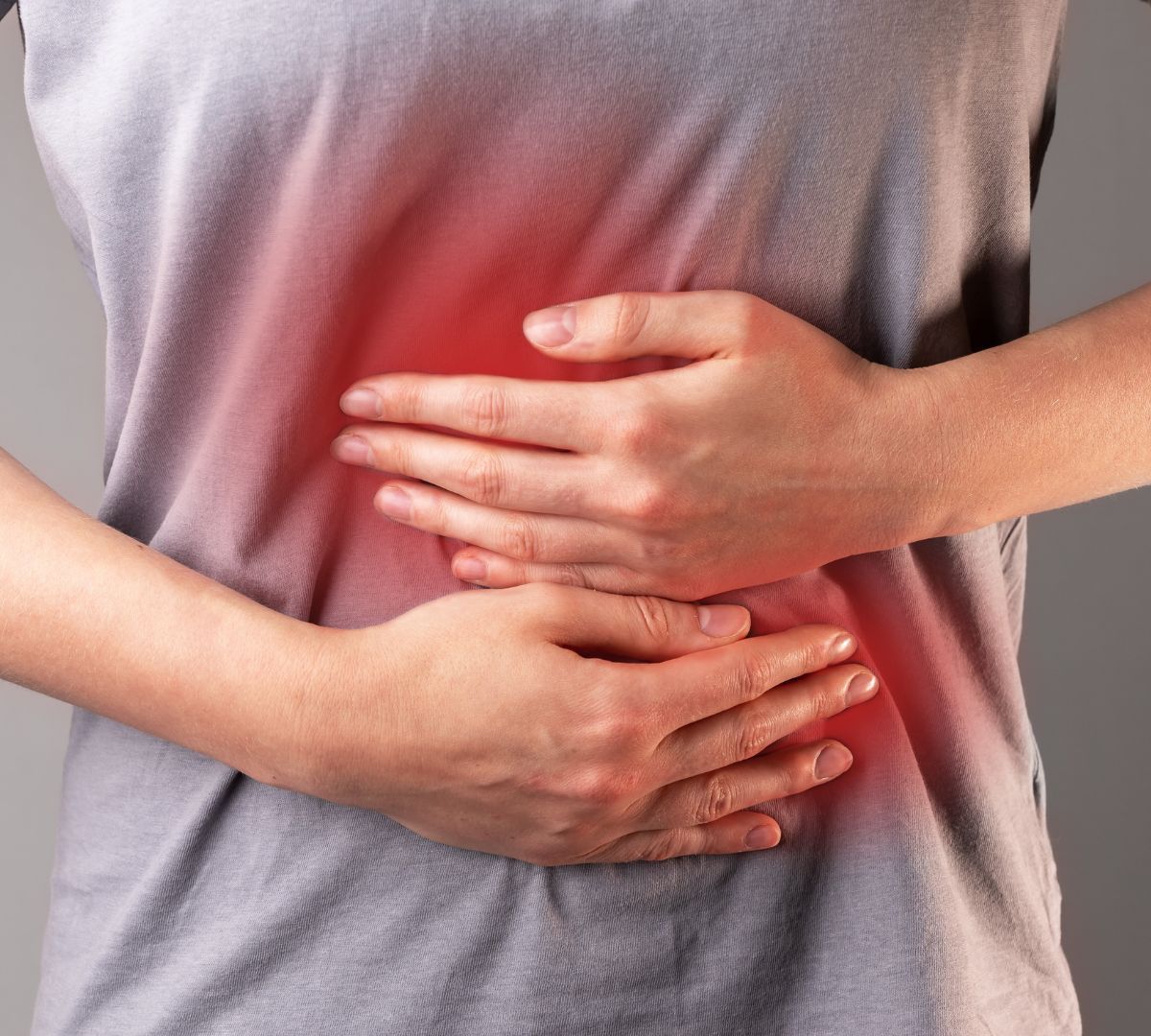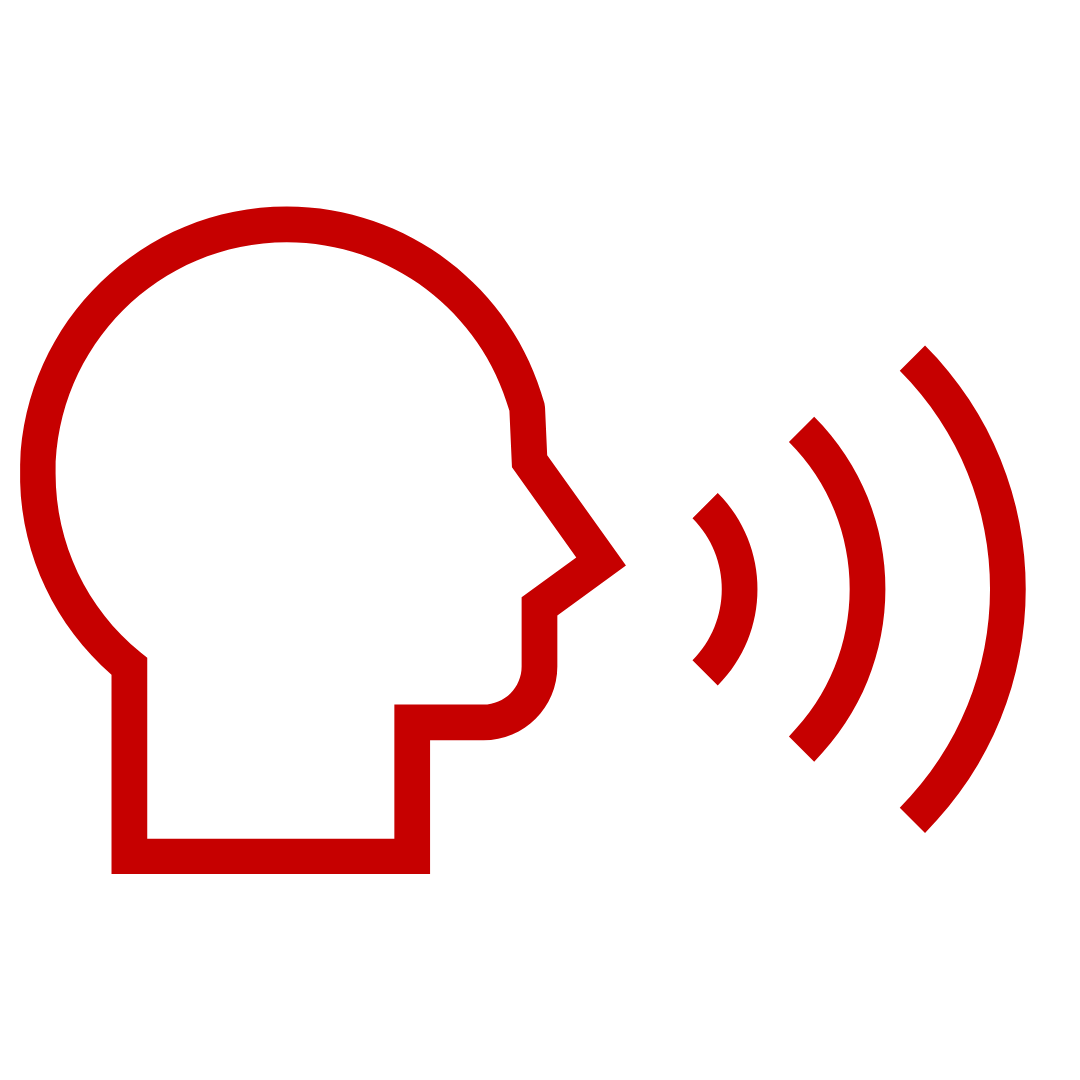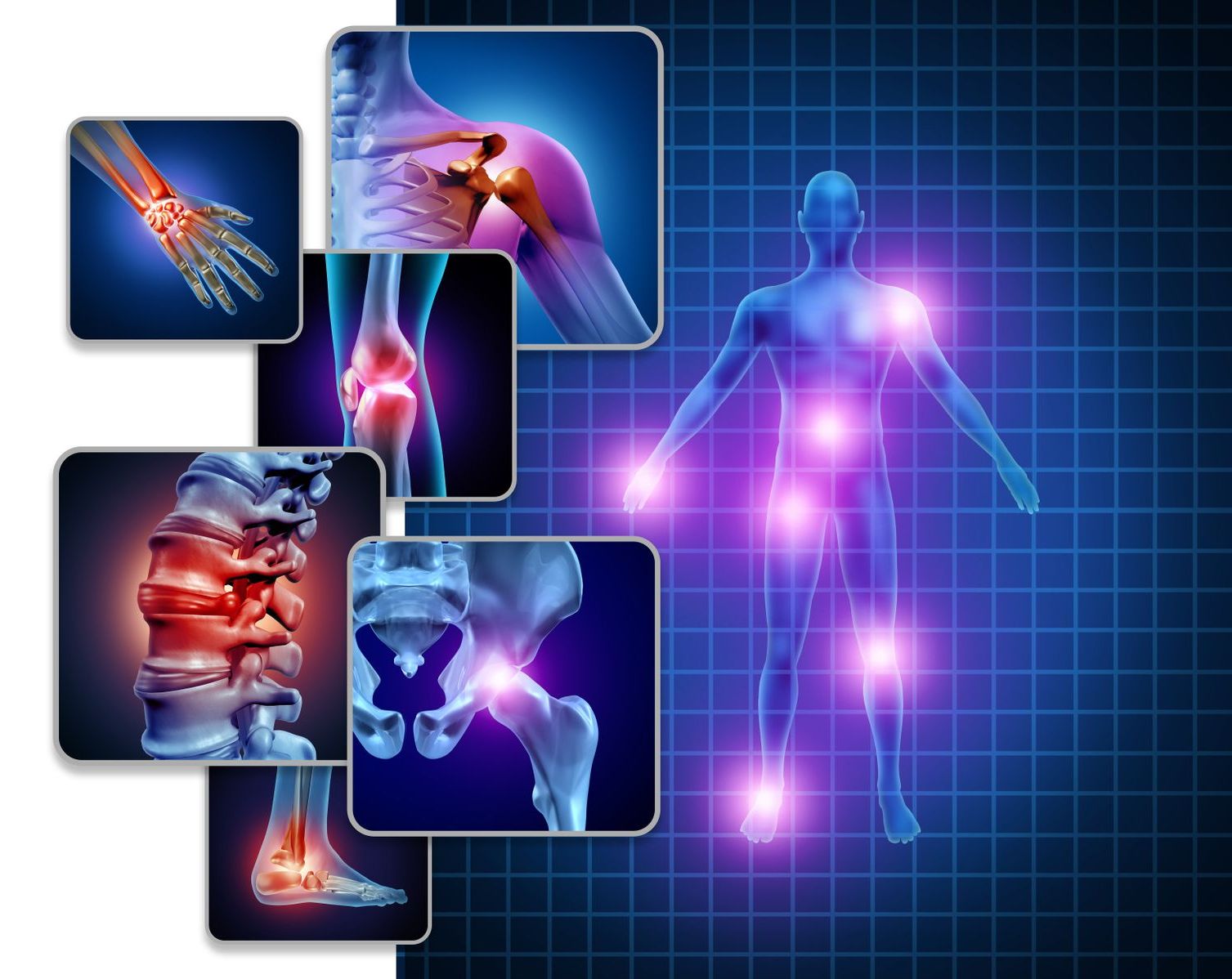- HOME
- ABOUT US
- WHAT IS AiARTHRITIS
- Diseases
- Rheumatoid Arthritis (RA)
- Psoriatic Arthritis (PsA)
- Systemic Lupus Erythematosus (SLE)
- Sjögren's Disease (SD)
- Axial Spondyloarthritis (AxSpA)
- Crohn's Disease
- Sarcoidosis
- Relapsing Polychondritis (RP)
- Systemic Sclerosis/Scleroderma (SSc)
- Behcet's Disease (BD)
- Palindromic Rheumatism (PR)
- VEXAS
- Antisynthetase Syndrome (ASS)
- Mixed Connective Tissue Disease
- JIA
- Familial Mediterranean Fever (FMF)
- HIDS (hyper-IgD syndrome, a mevalonate kinase deficiency)
- Cryopyrin-Associated Periodic Syndromes (CAPS) - Familial Cold Autoinflammatory Syndrome, Muckle-Wells Syndrome
- Schnitzler Syndrome
- Chronic Nonbacterial Osteomyelitis (CNO)/Chronic Recurrent Multifocal Osteomyelitis (CRMO)
- Still's Disease
- All Diseases
- Diseases
- OUR WORK
- RESOURCES & TOOLS
- GET INVOLVED
- CONTACT US
Crohn's Disease




How to pronounce it:
Crohn's - crohnz
AiArthritis defines Crohn's disease as:
Crohn’s disease is a chronic disease that causes inflammation and irritation in your gastrointestinal tract. Crohn’s commonly affects your small intestine and the beginning of your large intestine, however, the disease can affect any part of your gastrointestinal tract, from your mouth to your anus.
Symptoms
Symptoms of AiArthritis Diseases Regardless of Diagnosis



Common in All AiArthritis Diseases
- Periods of worsening symptoms are called flares. A flare can last for hours, days, weeks, or months.
- Condition improves with activity and exercise and worsens with rest.
- When inflammation is left uncontrolled due to lack of proper treatment, comorbidities can develop. 70% of patients with chronic, lifelong disease will develop comorbidities, including dual or triple diagnoses.
- Autoimmune diseases run in families. If anyone in your immediate family (parents, siblings) or extended family (aunts, uncles, grandparents) have been diagnosed with ANY autoimmune disease, there is the possibility of genetic predisposition.
“Auto” Symptoms
- Severe fatigue or exhaustion that may not be helped by caffeine/stimulants and can happen even after a long period of rest.
- “Brain fog” - or periods of time where thinking gets clouded and it becomes difficult to concentrate.
- Flu-like symptoms, without having the flu- nausea, muscle weakness, and general malaise.
- Fever, typically low grade in autoimmune and higher grade in autoinflammatory (% strongly varies per disease).
Reference: Early Symptoms of AiArthritis Study, AiArthritis, 2019.
Inflammatory Arthritis Symptoms
- Severe stiffness in one or more joints, especially in the morning or after sitting for long periods of time.
- Episodes of joint pain that may last for hours, days, or even weeks, that can appear and disappear suddenly. Often described as “jumping pain” into different locations.
Typically the joint pain will coincide with one or more “Auto” symptoms and start and stop suddenly - for no apparent reason (which is called a "flare"). Some people will experience all of the above symptoms, others only a few. If you have any of the arthritis features, and at least one of the “Auto” features, please consult your physician about a referral to a rheumatologist.
Symptoms Often Associated with Crohn's Disease:
- Persistent diarrhea
- Abdominal pain and cramping
- Blood in your stool
- Mouth sores
- Reduced appetite and weight loss
- Urgent need to move bowels
- Delayed growth and development in children
- Redness or pain in the eyes, or vision changes
- Skin complications, such as bumps, sores, or rashes
- Loss of normal menstrual cycle
- Osteoporosis
- Kidney stones
- Rare liver complications, including primary sclerosing cholangitis and cirrhosis

What fellow patients want you to know
Do you have Crohn's Disease? Let us know what YOU would want those with Crohn's or those who are not yet diagnosed to know!
More About Crohn's Disease
Diagnosing Crohn's Disease

There’s no single definitive test that can confirm a Crohn's disease diagnosis, so rheumatologists look at a combination of physical exam, blood and stool tests, and imaging (X-rays), along with a family history of autoimmune or autoinflammatory disease, to determine symptoms. For Crohn's disease diagnosis, colonoscopies and upper endoscopies are often performed to get a better look at the gastrointestinal tract. Biopsies of the colon or other part of the gastrointestinal tract may also be requested for further testing.
Notable Persons with this Disease

- Pete Davidson, Comedian
- Mr. Beast, YouTuber
- Mike McCready, Musician - Pearl Jam
- Shannen Doherty, Actress
- Kevin Dineen, Former NHL Player
- Cynthia McFadden, Investigative Journalist
Interesting Facts about this Disease

- Crohn's disease is a young person's condition that lasts a lifetime - most people are diagnosed before they're 30 years old and 20-30% were diagnosed before they were 20. There is no cure, and symptoms may change over time, even with periods of remission, but it never goes away.
- People in higher latitudes are more likely to have Crohn's than those who live at lower latitudes
- Active smokers are more than twice as likely as nonsmokers to develop Crohn's Disease.
Other Resources
In an effort to ensure this page has the most accurate and up-to-date information, this page is currently awaiting medical review. Some information is subject to change.
Page Last Updated: 9/1/2023
Sign up for our newsletters
International Foundation for AiArthritis
6605 Nottingham Ave.
St. Louis, MO 63109-2661
Toll Free: 1-877-609-4226
Text: 1-314-282-7214
Copyright 2024. All rights reserved. Information on this site is intended for informational purposes only Our foundation does not engage in the practice of medicine. Please consult a physician to obtain personal healthcare and treatment options. 501(c) 3 Nonprofit Tax ID: 27-1214308.


